How to Protect Your Car’s Finish and Prevent Damage From Florida’s Hard Water
Understanding Hard Water and Its Impact on Your Vehicle
Florida’s water supply contains high levels of dissolved minerals, primarily calcium and magnesium. While these minerals aren’t harmful to people, they can wreak havoc on your car’s exterior. When water evaporates from the surface of your vehicle, it leaves behind these minerals, creating unsightly white or chalky deposits.
Hard water is a persistent issue in cities like Orlando, Kissimmee, and Winter Park, where mineral-rich water supplies make it challenging to keep vehicles clean. Residents who rely on municipal water sources often notice that washing their cars at home leads to streaks, spots, and a dull finish. If left unaddressed, these deposits bond to the clear coat, making removal increasingly difficult.
Hard water damage isn’t limited to the paint. It also affects windows, mirrors, and plastic trim. Over time, the buildup reduces the visibility of glass surfaces, while plastic parts begin to appear faded or discolored. Many Orlando drivers struggle with these issues, especially those who frequently park outdoors or use unfiltered water for washing their vehicles.
Why Hard Water Spots Are Difficult to Remove
At first glance, water spots may seem like a minor nuisance. Many car owners assume that a simple wash will eliminate them, but hard water stains behave differently. Once minerals settle on the surface, they start etching into the paint, forming stubborn deposits that resist conventional cleaning methods.
Orlando’s hot and humid climate accelerates this process. The intense sun speeds up evaporation, increasing the likelihood of hard water spots forming after rain or washing. Vehicles left to dry in direct sunlight are especially vulnerable, as minerals dry onto the surface before they can be wiped away.
In areas like Windermere, Baldwin Park, and Lake Mary, where outdoor parking is common, hard water buildup is a recurring issue. Vehicles parked near sprinklers are also at risk, as overspray from irrigation systems leaves behind concentrated mineral deposits that become more difficult to remove over time.
If not addressed quickly, these stains bond to the clear coat, requiring specialized removal techniques. In severe cases, professional detailing may be necessary to restore the car’s original shine.
Preventing Hard Water Damage
The best way to deal with hard water spots is to prevent them from forming in the first place. Simple adjustments to your car care routine can significantly reduce the risk of mineral buildup.
One of the most effective solutions is using filtered or deionized water when washing your car. Water filtration systems remove excess minerals, preventing the formation of deposits on the surface. Many professional auto detailing services in Orlando use this method to ensure a spotless, streak-free finish.
If you wash your car at home, drying it immediately is crucial. Allowing water to air dry increases the chances of mineral deposits forming. Using a high-quality microfiber drying towel can help remove excess water before it has a chance to leave behind residue. Some detailers recommend using a drying aid spray to prevent water from sticking to the surface, making it easier to wipe down.
Another preventive measure is applying a protective coating, such as wax or ceramic sealant. These coatings create a barrier that reduces the likelihood of minerals bonding to the paint. While traditional car wax provides short-term protection, ceramic coatings offer long-lasting resistance against hard water stains. Many car owners in humid regions like Apopka, Altamonte Springs, and Winter Garden invest in ceramic coatings to maintain their vehicle’s finish.
Effective Methods for Removing Hard Water Spots
If hard water spots have already formed, removing them quickly is essential to prevent permanent damage. The longer mineral deposits sit on the paint, the more difficult they become to remove.
A simple method for tackling light water spots is using a mixture of white vinegar and distilled water. The mild acidity of vinegar helps break down mineral buildup without harming the clear coat. Spraying the solution onto affected areas and gently wiping with a microfiber cloth can eliminate mild stains.
For more stubborn spots, dedicated water spot removers are available. These products are designed to dissolve mineral deposits without damaging the paint. When using any cleaning solution, it’s important to test it on a small, inconspicuous area first to ensure compatibility with the car’s finish.
In cases where water spots have etched into the clear coat, clay bar treatments can be effective. Clay bars remove embedded contaminants from the surface, restoring smoothness and shine. However, if the damage has progressed to a deeper level, polishing or paint correction may be required.
Car owners in high-risk areas like Clermont, Oviedo, and Sanford often rely on professional detailing services to handle severe hard water damage. Expert detailers use machine polishing techniques to remove deep stains, restoring the original clarity of the paint and glass.
How Professional Auto Detailing Helps Prevent and Correct Hard Water Damage
For many Orlando residents, regular professional detailing is the best way to protect their vehicle from hard water damage. Unlike standard car washes, professional detailing includes specialized treatments that prevent and eliminate mineral buildup.
One of the primary benefits of professional detailing is the use of deionized water. Detailers equipped with water filtration systems ensure that no mineral residue is left behind during the washing process. This method prevents streaks and eliminates the risk of hard water stains forming after the vehicle dries.
Detailers also apply high-quality protective coatings that reduce the effects of hard water exposure. Sealants, waxes, and ceramic coatings act as barriers, preventing minerals from bonding to the surface. These treatments make future cleaning easier and reduce the need for aggressive stain removal techniques.
Another advantage of professional detailing is access to advanced paint correction services. In cases where water spots have etched into the clear coat, detailers use specialized compounds and machine polishers to restore the paint’s original luster. This process removes imperfections, enhancing the overall appearance of the vehicle.
Orlando’s mobile detailing services provide added convenience for residents in areas like Dr. Phillips, Celebration, and Avalon Park. Instead of driving to a shop, professional detailers come to your location, ensuring that your car receives expert care without disrupting your schedule.
Additional Tips for Protecting Your Car from Hard Water Damage
To minimize the effects of hard water, small changes in daily habits can make a significant difference. Parking in a garage or shaded area helps reduce water evaporation, giving you more time to dry your vehicle after rain or washing. If covered parking isn’t available, using a high-quality car cover can provide an extra layer of protection.
Regular maintenance is also key. Washing your car frequently helps remove mineral buildup before it becomes embedded in the paint. Using a pH-balanced car shampoo prevents additional residue from forming, maintaining a clean and polished finish.
If you notice water spots forming, addressing them immediately prevents long-term damage. Keeping a quick detailer spray and microfiber towel in your car allows you to remove spots before they have a chance to harden.
Finally, if your vehicle is exposed to hard water regularly, investing in a ceramic coating is a worthwhile long-term solution. While the upfront cost may be higher, the benefits of reduced maintenance and increased protection make it a practical choice for many Orlando car owners.
Leave a Comment Cancel Comment
Book Orlando Mobile Detailing
Search
Latest Post
-
 The Cost of Neglect: Why Regular Aircraft Detailing Saves Money in the Long Run
February 14, 2025
The Cost of Neglect: Why Regular Aircraft Detailing Saves Money in the Long Run
February 14, 2025
-
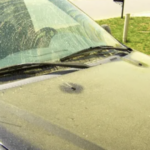 Why Car Washes Aren’t Enough to Combat Pollen Damage
February 13, 2025
Why Car Washes Aren’t Enough to Combat Pollen Damage
February 13, 2025
-
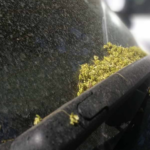 Orlando’s Pollen Problem: When Is It the Worst and How It Affects Your Car
February 13, 2025
Orlando’s Pollen Problem: When Is It the Worst and How It Affects Your Car
February 13, 2025
-
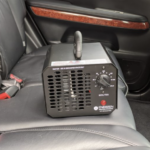 How Ozone Generators Eliminate Stubborn Car Odors in Orlando
February 12, 2025
How Ozone Generators Eliminate Stubborn Car Odors in Orlando
February 12, 2025
-
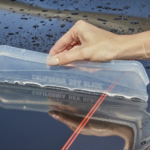 Why a Water Blade and Chamois Beat Towels Every Time!
February 9, 2025
Why a Water Blade and Chamois Beat Towels Every Time!
February 9, 2025
